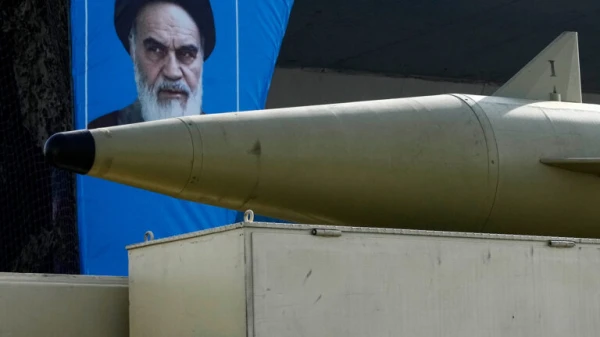
European-led negotiations to revive the deal have failed.
Iran has announced the expiration of the Joint Comprehensive Plan of Action (JCPOA), under which it committed to adhere to restrictions on the development of its nuclear program in exchange for the lifting of some international sanctions. This agreement was signed in 2015 in Vienna by Iran, China, the United Kingdom, France, Germany, Russia, and the United States.
In a statement from the Iranian Foreign Ministry, it is stated that "all provisions, including restrictions on the Iranian nuclear program and related mechanisms, are considered terminated." The ministry emphasized that Iran "firmly expresses its commitment to diplomacy." Tehran is expected to submit an official notification to the UN later.
Western media note that although the agreement officially expired only today, its effectiveness has raised questions for many years. In 2018, during his first presidential term, Donald Trump unilaterally withdrew the United States from the JCPOA and reinstated anti-Iranian sanctions. His decision was influenced by negative sentiments towards Barack Obama, under whose presidency the nuclear deal was concluded, and the influence of Israel.
Negotiations initiated by Europe to revive the deal have failed, and Israeli and American bombings last summer put an end to this, writes the Guardian.
European-led negotiations to revive the agreement have failed, and bombings of Iran by Israel and the U.S. this summer have placed hopes for its revival at a historically low level. After 12 days of hostilities in June, the Iranian parliament passed a law rejecting cooperation with the International Atomic Energy Agency (IAEA).
As a result, the United Kingdom, Germany, and France activated the mechanism provided for in the deal in case Iran violated its obligations. This led to the automatic restoration of all UN sanctions that had been lifted from Tehran under the terms of the JCPOA. At the same time, again in accordance with the agreements from 2015, the "day of termination" of the deal was formally set — October 18, exactly 10 years after the adoption of UN Security Council Resolution 2231.
In September, when the UN anti-Iranian sanctions were restored, the foreign ministers of Germany, France, and the United Kingdom issued a joint statement of intent to seek "a new diplomatic solution that would guarantee that Iran never obtains nuclear weapons." The head of European diplomacy, Josep Borrell, emphasized at that time that sanctions "should not be the end of diplomacy" and that "a sustainable solution to the Iranian nuclear issue can only be achieved through negotiations."
Recently, Trump stated that he wants a peace agreement with Iran. Tehran, for its part, has repeatedly assured that it remains open to negotiations with the U.S. — but on the condition that it receives guarantees of protection from hostilities.
The authorities of France, Germany, and the United Kingdom also confirmed their readiness to resume negotiations to seek "a comprehensive, durable, and verifiable agreement." However, Iranian Foreign Minister Abbas Araghchi stated that Tehran "sees no reason for negotiations" with the European powers, as it is they who triggered the mechanism that led to the restoration of sanctions.

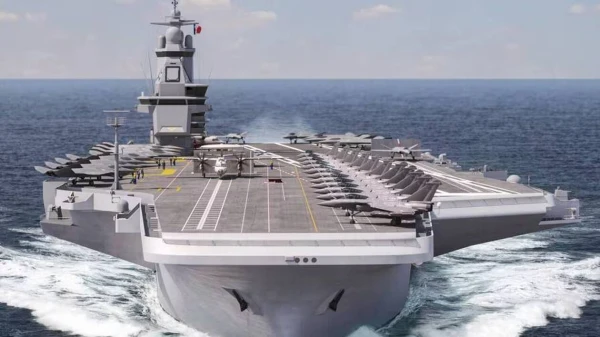
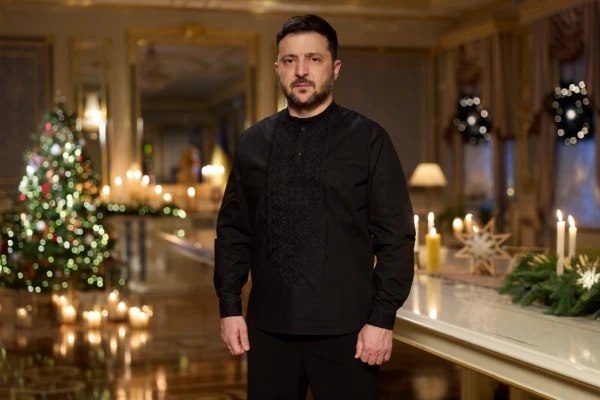

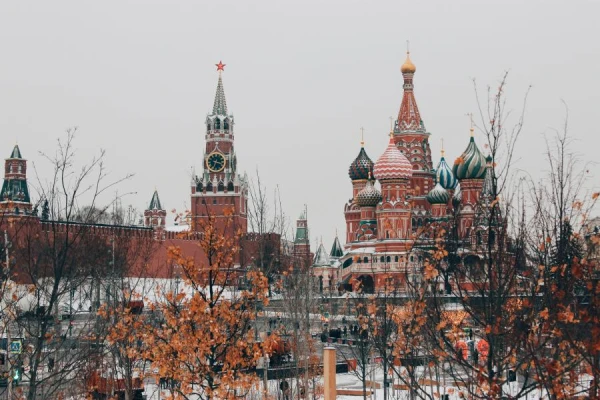
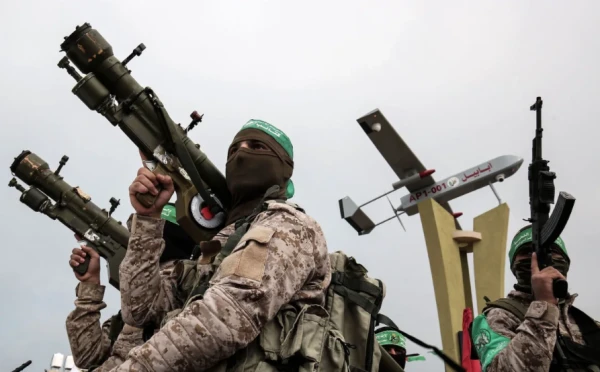
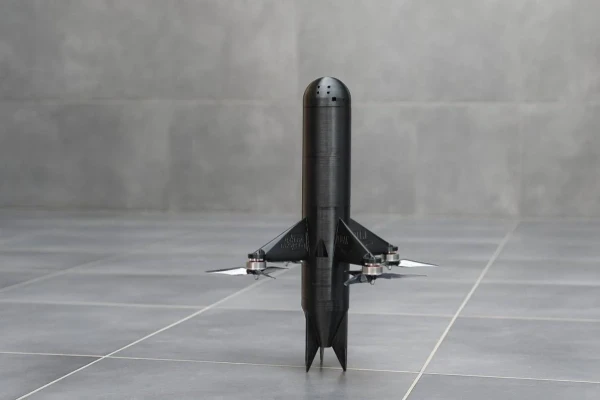
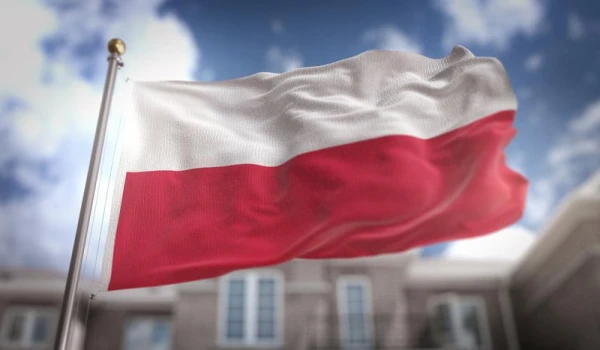
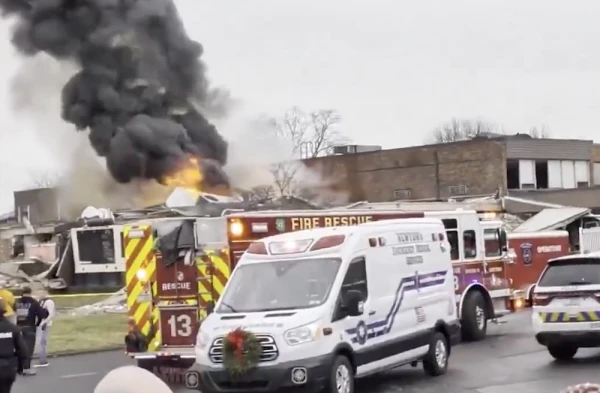
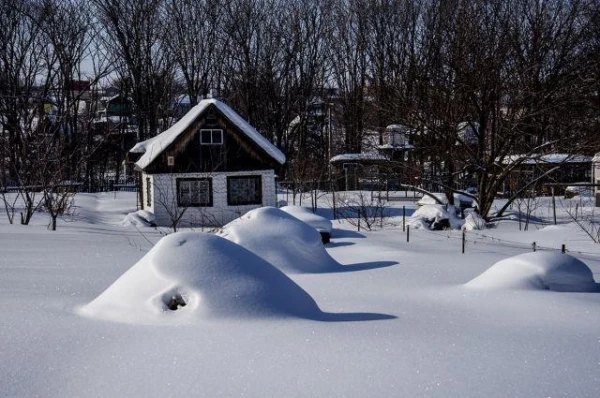


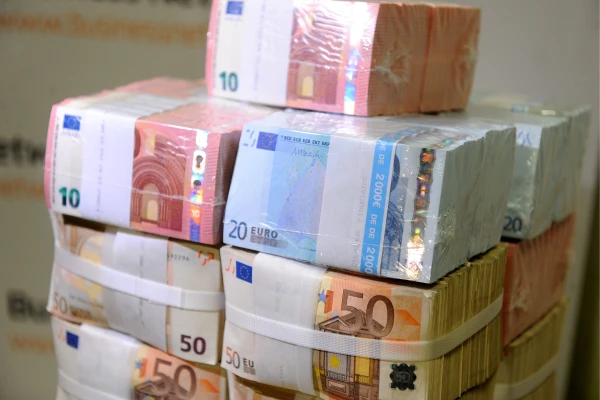
Leave a comment